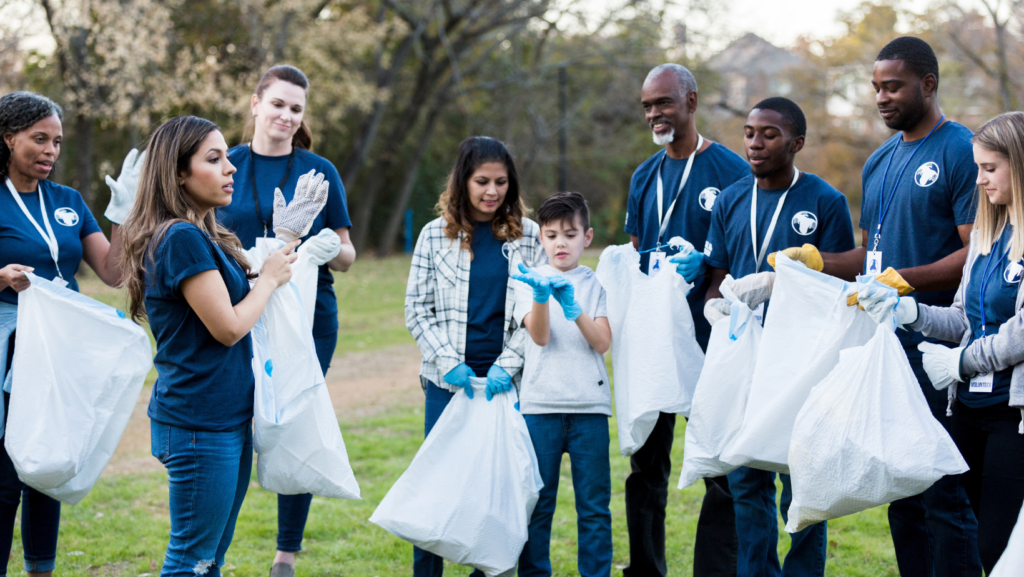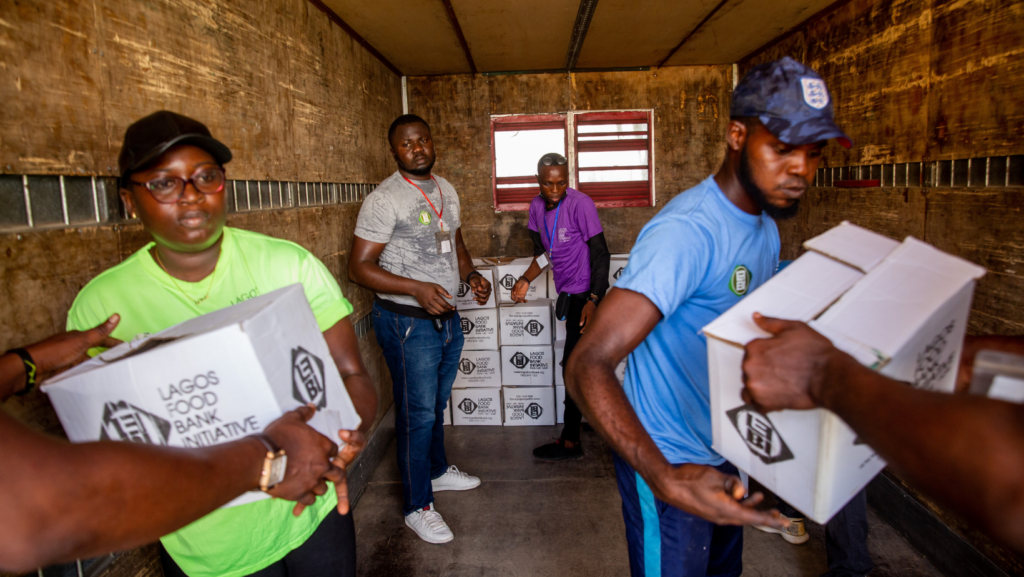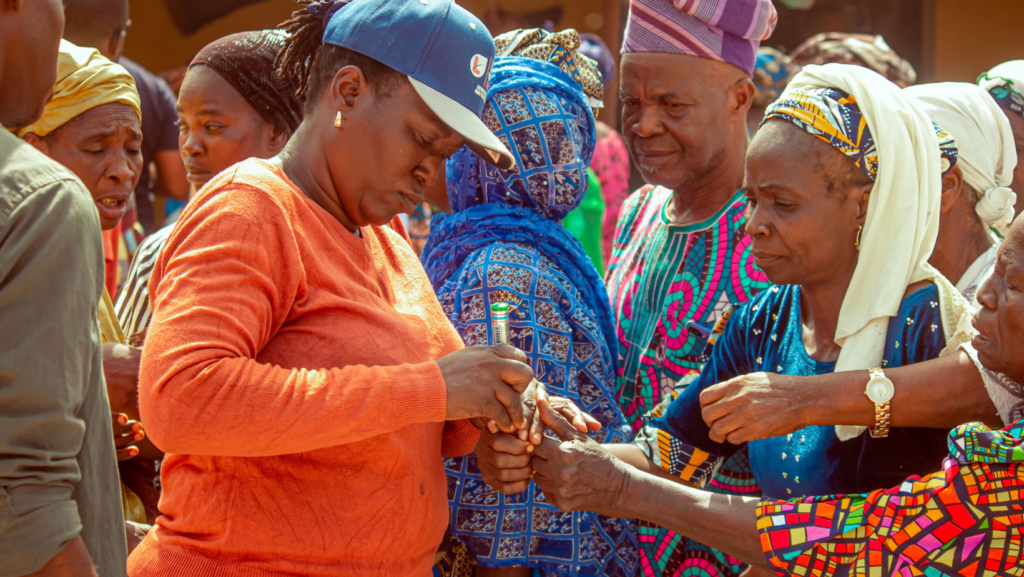In a world where inequality and suffering are rampant, the concept of “giving what we can” stands as a beacon of hope. This philosophy invites individuals to contribute a portion of their resources to causes that make a significant impact. It’s not just about financial donations but also about time, skills, and compassion.
Adopting this mindset can transform lives and communities. When people give what they can, they help bridge gaps and create opportunities for those in need. It’s a powerful reminder that even small contributions can lead to substantial change when combined with the efforts of others.
Giving What We Can
 Giving what one can revolves around the idea of maximizing positive impact through personal resources. Resources include money, time, skills, or empathy. This philosophy asserts that everyone, regardless of their means, can contribute to making a meaningful difference. Aligning with effective altruism principles, it focuses on the quality and impact of giving rather than the quantity alone.
Giving what one can revolves around the idea of maximizing positive impact through personal resources. Resources include money, time, skills, or empathy. This philosophy asserts that everyone, regardless of their means, can contribute to making a meaningful difference. Aligning with effective altruism principles, it focuses on the quality and impact of giving rather than the quantity alone.
Donating money to effective charities exemplifies a tangible way to contribute. For instance, organizations like GiveWell and The Life You Can Save provide data-driven recommendations on impactful charities. Financial contributions, when directed to high-impact organizations, can address issues like global poverty, disease prevention, and education.
Collective giving amplifies individual contributions by pooling resources together for a common cause. Community foundations and giving circles exemplify how collective efforts can generate substantial impact. By working together, groups can fund larger projects, support more extensive programs, and facilitate broader change. Philanthropy networks, such as The Global Philanthropy Forum, provide platforms for collaborative action.
The Origins Of Giving What We Can
 The concept of “giving what we can” traces back to the early principles of effective altruism. It has since grown into a structured movement promoting impactful contributions.
The concept of “giving what we can” traces back to the early principles of effective altruism. It has since grown into a structured movement promoting impactful contributions.
Giving What We Can began in 2009. Philosopher Toby Ord founded it at the University of Oxford, inspired by the notion that individuals in affluent countries could drastically improve lives in poorer regions through strategic donations. Ord pledged to donate at least 10% of his income to highly effective charities. His effort aimed to demonstrate that impactful giving is feasible for everyone.
He drew motivation from Peter Singer’s work, particularly the argument in “Famine, Affluence, and Morality,” that those who can help others without sacrificing anything of comparable moral significance ought to do so. This philosophy underpins the effective altruism movement.
How Giving What We Can Operates
 Giving What We Can is a global community dedicated to improving the world through impactful giving. It facilitates effective altruism by helping people donate more effectively and confidently.
Giving What We Can is a global community dedicated to improving the world through impactful giving. It facilitates effective altruism by helping people donate more effectively and confidently.
The community revolves around its members, who commit to donating a significant portion of their income to effective causes. Members pledge to give at least 10% of their earnings each year. The commitment is flexible; members can choose a higher percentage based on their financial capability. By joining, they become part of a network united by the mission to alleviate global suffering through strategic charity.
Members track donations, share experiences, and encourage transparency in giving. The organization offers support like tools for calculating donations and advice on maintaining commitment. This collective effort amplifies the overall impact, fostering a sense of shared purpose and accountability.
Evaluating The Effectiveness Of Giving What We Can
Evaluating the effectiveness of “Giving What We Can” involves assessing the impact and outcomes of the contributions made by its members. The evaluation uses key metrics and case studies to measure success and guide future efforts.
Key metrics and criteria help determine the effectiveness of charitable contributions.
- Cost-effectiveness: Measures the impact per dollar donated, prioritizing organizations with high impact relative to their expenses.
- Scalability: Assesses the potential for organizations to expand and replicate their success in various contexts.
These metrics align closely with the principles of effective altruism, guiding members to make informed, impactful donations.
To ensure donations are impactful, Giving What We Can provides detailed recommendations backed by thorough research. Partnering with evaluators like GiveWell, they highlight charities demonstrating high effectiveness and efficiency. Recommendations often focus on areas where donations can produce the most significant improvements, like global health and poverty reduction.

